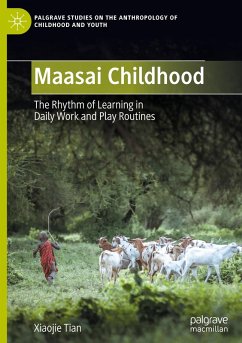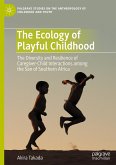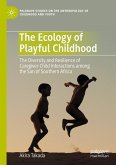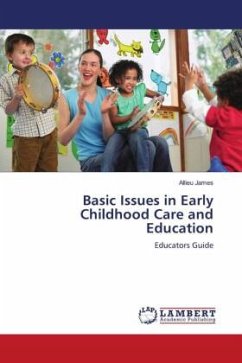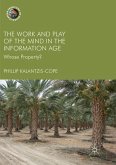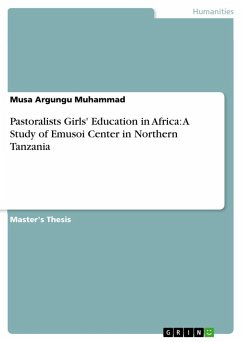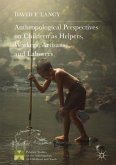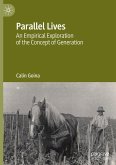This book aims to provide comprehensive ethnographic documentation of pastoralist childhood and child learning, based on the author's long-term fieldwork in pastoralist Maasai society in southern Kenya. It conveys a timely account of the developmental niche in contemporary Maasai society, in children's lives, social roles, work, play, and learning in family routines. Pastoralism is an important livelihood system that has allowed humans to live in arid and semi-arid lands for centuries. Children in pastoralist societies are expected to, and indeed do, actively and independently participate in and contribute to local subsistence from an early age. Compared to studies of other forms of livelihood, anthropological investigations into pastoralist children remain limited, particularly in light of critical social changes pastoralists have undergone in the last three decades. Less is known about their local parenting ethnotheories, childhood play, and children's practices of self-reliance in making positive changes in their families and local communities. Having a better understanding of pastoral childhood in concurrent natural and social complexities is vital for further investigation of human development in general and the pastoralist culture in particular.
Bitte wählen Sie Ihr Anliegen aus.
Rechnungen
Retourenschein anfordern
Bestellstatus
Storno

